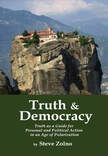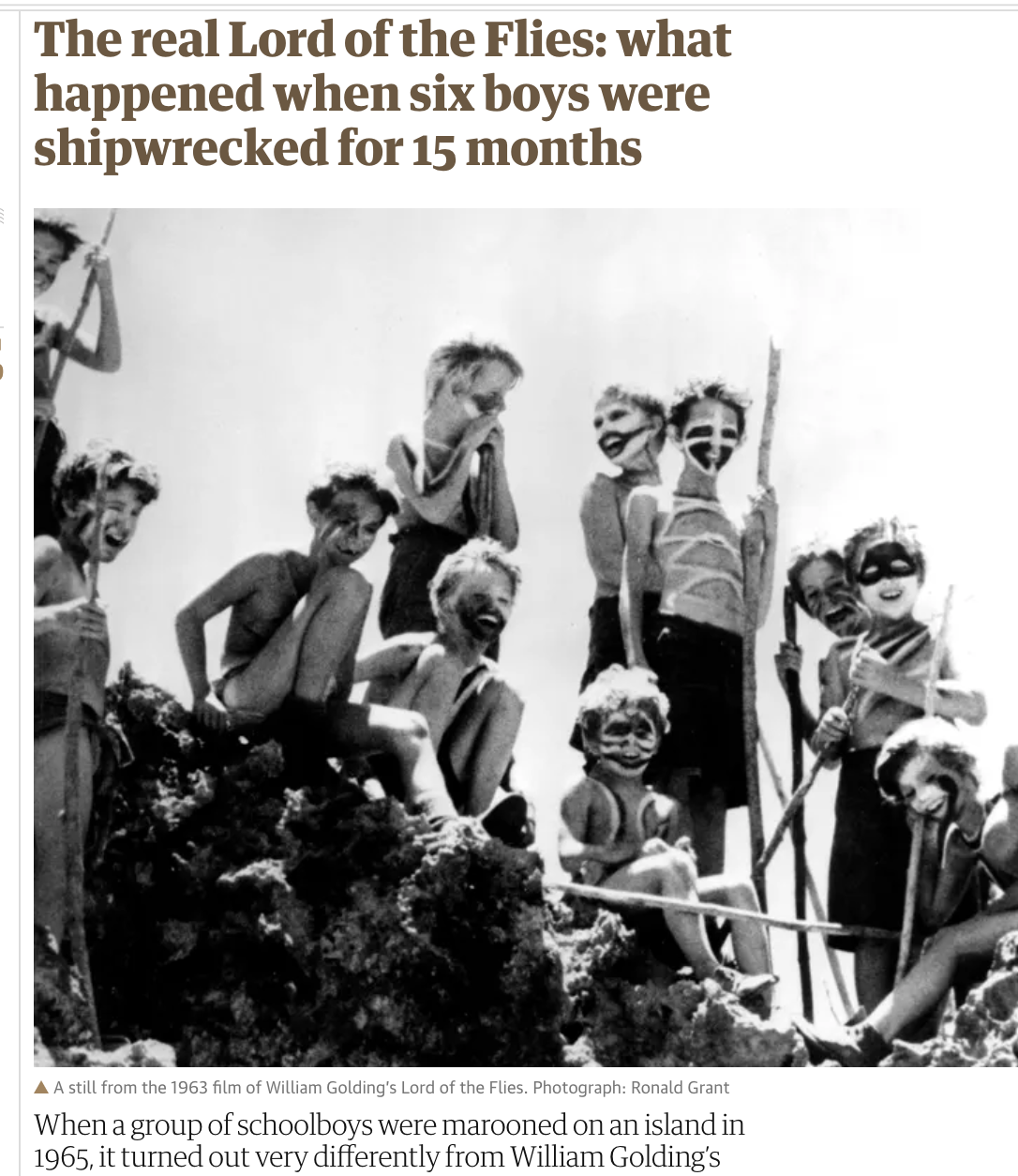|
The focus of our July 6 discussion was Changing the World. Our readings included descriptions of a number of societies that one might consider ideal or utopian, as well as the section on International Relations from Steve’s new book, Truth and Democracy. We started with a statement from Herb, a member of our group, who has extensive experience in the engineering field. His essential argument is that it takes considerable planning and commitment to implement our ideas. Just stating them is never enough to make them a reality. Knowing what we want and how to get there is more important than just knowing what we don’t want. We then discussed a chapter from the book The Nordic Theory of Everything: “On Not Being Special,” which describes the difference between attitudes and public institutions in the US and Scandinavian countries, which are described in many surveys as being the happiest on earth (see this CNN article). According to this chapter, written by a former Finnish resident, life in Nordic countries is much less stressful because people don’t need to be continually worried about earning a living, getting ahead, paying for education, healthcare, and retirement. On the other hand, the author describes a sort of blandness or lack of purpose that comes from not striving to get ahead and having all essential needs provided — perhaps a bit like living in a cocoon. There seems to be a culture of self-denigration to keep people from getting too competitive and striving to look too good next to others. Trying to be exceptional seems to be against the Nordic DNA.  In the chapter on “International Relations” from Truth and Democracy, the emphasis is on working together for the common good on an international basis. This value was the foundation of the cooperation instituted between former allies and enemies following World War II, based on the lessons hopefully learned after the failure of the blame and retaliation toward the losing countries after World War I. That era of goodwill and cooperation lasted for 30 plus years, but then began to deteriorate with a resurgence of internal divisions in the US and other previous allies. During the late 1960s in the US, France, and even in Japan, there was a challenge to the status quo as youth and workers saw that the idealism and prosperity upon which the post-war world was built began to fade: “The view that international financial stability and that of the individual were intertwined yielded to a view that every nation — and person — now was on its own.” The ideals of human rights and dignity were compromised to the re-emerging principle of individual gain. Another article we read described a program in Denmark to provide support for young lonely people: “The World’s Happiest People Have a Beautifully Simple Way to Tackle Loneliness.” This is not a small issue when we remember that many of the mass shootings in the US and other countries were by loners or people who were outcasts or socially maladjusted. Providing support organizations for youth who otherwise have no social outlet might contribute to a less lonely society and less violent outbursts.
 We also discussed the short novel Utopia, written by Thomas More, who ultimately was martyred by Henry VIII for upholding what he considered the true Catholic faith. Utopia is the story of a fictional Thomas More’s meeting with a sea captain who describes an island society with no private property, no class distinctions, no greed and ideal cooperation of all members toward the common good. The consensus in the book was that such a society is totally impossible. What a relief! For our August meeting the topic will be Law and Order. Our focus will be on how to maintain the structure our society needs while allowing the maximum amount of freedom possible. Your (constructive) thoughts always are welcome. See Comments, below. Also, don’t forget to look at our blog site: renewingdemocracy.org. Please recommend this newsletter to people who you think might appreciate it. If you want to be added to the list to receive each new newsletter when posted, fill out our contact form and check the box just above the SUBMIT button. You may also use that form to be removed from our list.
Visit our Books page for information about purchasing The Future of Democracy, The Death of Democracy, and Truth & Democracy. Click ↓ (#) Comments below to view comments/questions or add yours. Click Reply below to respond to an existing comment.
0 Comments
Your comment will be posted after it is approved.
Leave a Reply. |
 5th edition now available 5th edition now available
Steve ZolnoSteve Zolno is the author of the book The Future of Democracy and several related titles. He graduated from Shimer College with a Bachelor’s Degree in Social Sciences and holds a Master’s in Educational Psychology from Sonoma State University. He is a Management and Educational Consultant in the San Francisco Bay Area and has been conducting seminars on democracy since 2006. Archives
July 2024
Categories |

 RSS Feed
RSS Feed